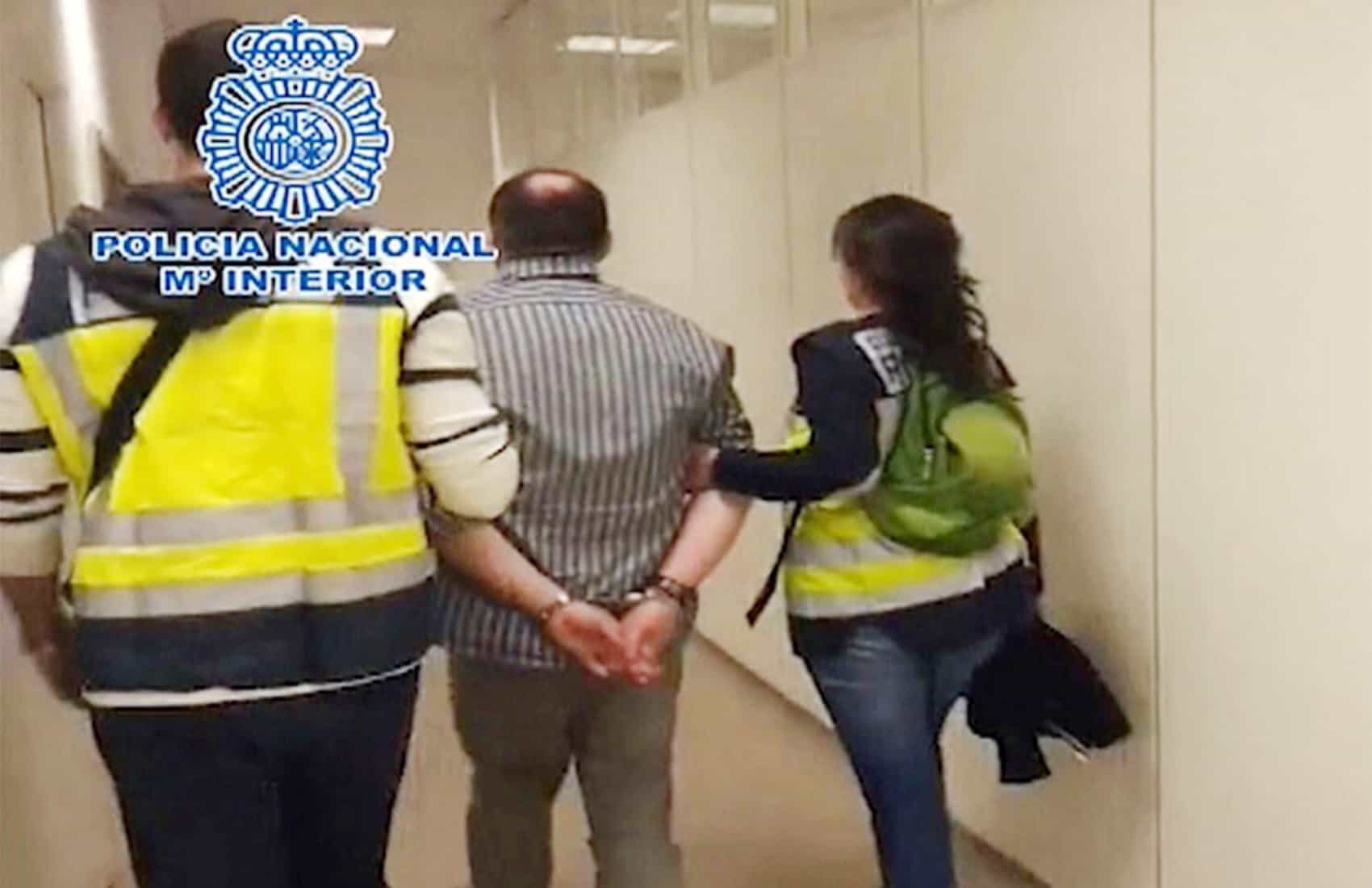MADRID – Arthur Budovsky, founder of the electronic payment platform Liberty Reserve, in a court appearance Monday denied committing any crimes and said he would fight U.S. efforts to extradite him from Spain. Spanish prosecutors, however, appeared in favor of granting the U.S. request.
“I opposed the extradition and I also ordered his release,” Budovsky’s attorney, Gonzalo Boyé, told the AFP after a hearing at Spain’s highest criminal court.
According to Boyé, the U.S. case against Budovsky is weak. He said the 40-year-old Liberty Reserve founder deserves the right to return to Costa Rica, where he obtained citizenship through a paid marriage.
Boyé added that he is preparing a lawsuit against U.S. officials in Spanish courts for allegedly falsifying public documents.
“They have said that Mr. Budodvsky created the company in 2012 in the U.S., which is false. The company was founded in 2006 in Costa Rica. That’s just one example of almost 300 false statements we have listed,” the laywer said.
Another procedural mistake, according to Boyé, is that the arrest warrant was issued by a U.S. prosecutor and not by the Justice Department, as required by an extradition treaty between the U.S. and Spain.
Boyé said Budovsky founded Liberty Reserve in 2006, then sold it 2007 and remained only a “technical advisor” until 2009. “He was the creator of the computing system,” the lawyer said.
Budovsky, who renounced his U.S. citizenship after marrying a Costa Rican empanada vendor, was arrested on May 24, 2013 at the Madrid-Barajas airport, during a stopover from a flight from Morocco to Costa Rica.
He is charged, along with seven other former Liberty Reserve employees of the “largest international laundering case ever tried by the United States,” and some of the defendants could face up to 30 years in prison.
Liberty Reserve was an extremely active electronic payments platform that allowed transactions without a trace and beyond regulation.
It had more than a million users, 200,000 of them in the United States, and performed 55 million transactions over seven years, most of them illegal under U.S. law, U.S. prosecutors say.
The investigation spanned 17 countries and servers located in Switzerland, Sweden and Costa Rica were seized.
One of the defendants, IT employee Max Chukharev, is also fighting extradition to the U.S. from Costa Rica. A judge recently approved the U.S. extradition request, but Chukharev’s attorneys appealed. A ruling on that appeal is pending.






